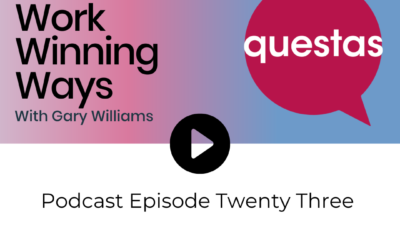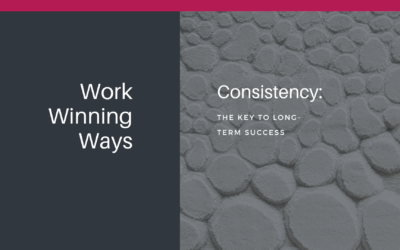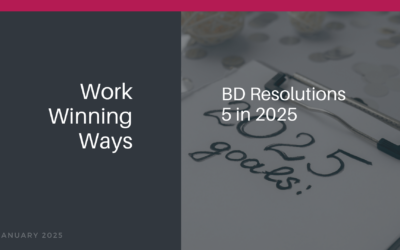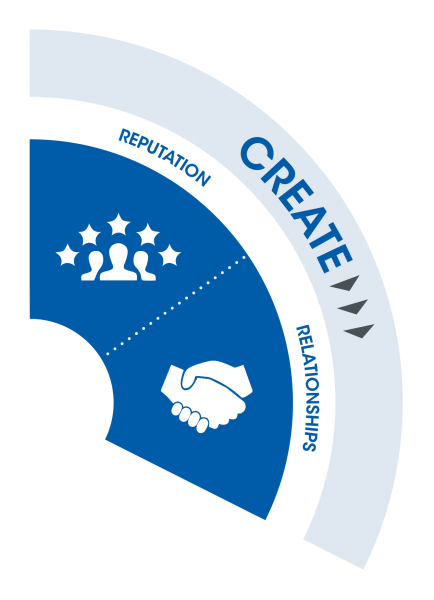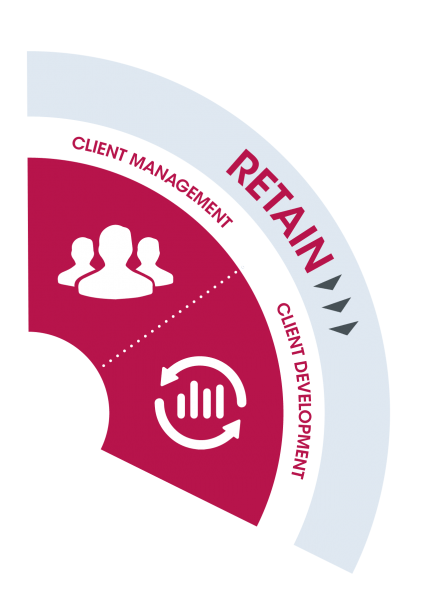SUMMARY This episode looks at the inevitability of difficult conversations happening with clients and how we manage them so as not to damage (and even improve) relationships. In this episode, Gary has an EASY chat with his Questas colleague Paul Brady about what to do...
Meetings
3 Essential business development tips for professional & engineering firms post-pandemic
How can professional services firms best transition from survival to growth mode?The past 18 months has seen many professional and engineering services firms batten down the hatches as the pandemic took a grip on our lives and the economy. Thankfully, many of these...
Negotiation Skills
Negotiation Skills Everything is negotiable. Whether or not the negotiation is easy is another matter, but the first step is always communication. Course overview This course is designed to take you through the theory and practice of ‘Principled Negotiation’. It...
Presentation and Pitching Skills
Presentation and Pitching Skills Presenting, especially a pitch, can be a very pressured situation and it is normal to feel anxious. Learning visualisation skills to cope with ‘what if’ scenarios leaves headspace to generate a successful outcome. Course overview The...
